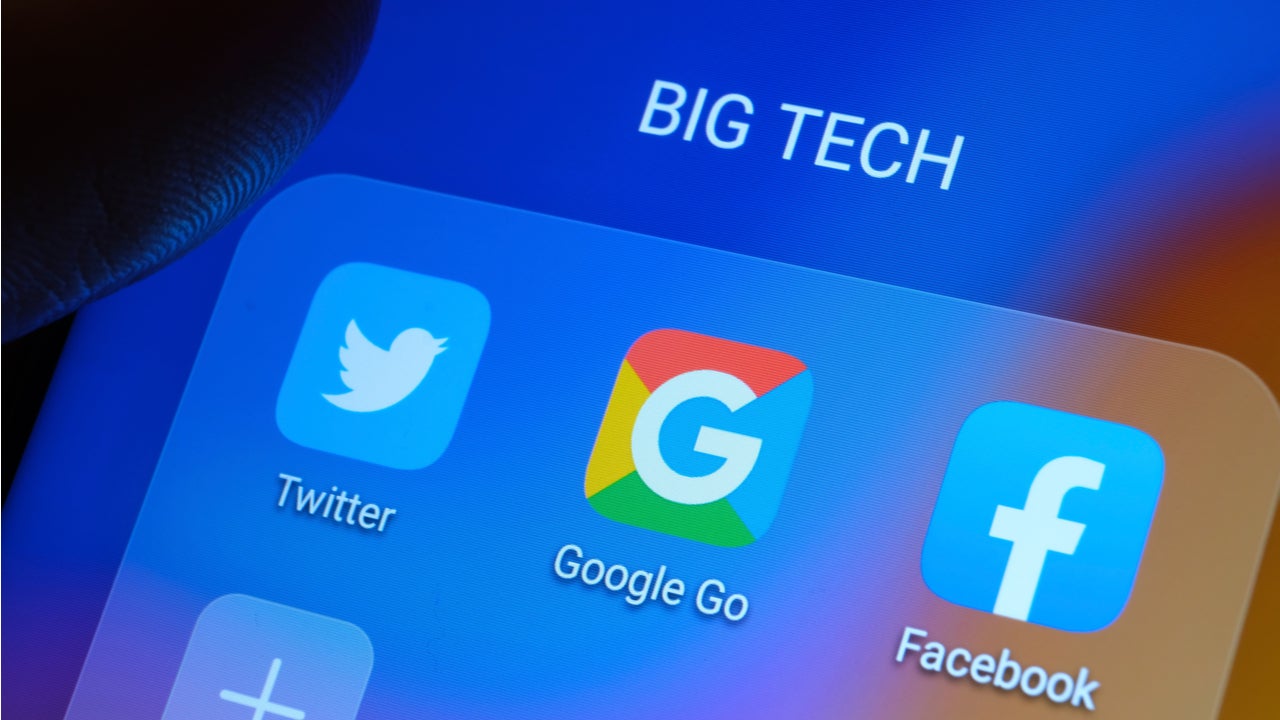
Traditional antitrust laws were not conceived for the digital era, especially while defining anti-competitive practices and market power. They have struggled to adapt to the digital economy, where technology giants have survived due to their extensive customer networks and low-cost capital. Regulators and policymakers are now calling out to leading digital platforms to notify them of their acquisitions to assess their potential impact on competitors and the ecosystem.
Listed below are the key technology trends impacting the antitrust theme, as identified by GlobalData.
Superplatforms
The most successful digital companies have built large ecosystems of complementary products and services around their core operations. Their vast troves of data and immense scale make it possible for these superplatforms to expand their services into new markets, some of which are traditionally dominated by non-digital firms. For example, Facebook is expanding into financial services and cryptocurrencies, while Amazon kickstarted its evolution from an online to a high-street retailer with the acquisition of Whole Foods Market in 2017.
AI and data analytics
Artificial intelligence (AI) and analytics have vastly improved the value of data for digital platforms. AI systems produce better insights when trained on larger datasets. Therefore, digital platforms with access to large amounts of data and strong technical capabilities can improve services in ways that companies with restricted access to data and limited IT skills cannot.
Digital platforms are the leaders in most of the key AI technologies, from computer vision to machine learning, conversational platforms to data science. Antitrust regulation has the potential to spur more competition in AI. Limiting big platforms’ potential to acquire smaller companies could incentivise AI start-ups to become market leaders.
Social media and network effects
Social media platforms with a large user base are more attractive to consumers as there is a greater chance of interacting with people on the same platform. Advertisers are also more likely to advertise on platforms to expand their user base. Facebook has more than 2.7 billion monthly users, accounting for 58% of the global online population, while YouTube has more than 2 billion monthly users.
How well do you really know your competitors?
Access the most comprehensive Company Profiles on the market, powered by GlobalData. Save hours of research. Gain competitive edge.

Thank you!
Your download email will arrive shortly
Not ready to buy yet? Download a free sample
We are confident about the unique quality of our Company Profiles. However, we want you to make the most beneficial decision for your business, so we offer a free sample that you can download by submitting the below form
By GlobalDataThe UK’s Competition and Markets Authority’s (CMA) 2020 report on online platforms and digital advertising concluded that the competitive threat to Facebook is limited by network effects and economies of scale that is inhibiting the entry and expansion of other platforms. Entrants, as a result, have responded by building different services and consumer networks, such as Snapchat and TikTok, rather than competing more directly with Facebook. The CMA also noted that Facebook did not have a direct competitor offering similar services since the last 10 years.
Messaging
Digital platforms making inroads into adjacent markets face increasingly privacy-conscious users. Facebook and WhatsApp’s January 2021 policy update prompted millions of users to turn to other, more privacy-friendly messaging apps like Signal and Telegram.
Under WhatsApp’s new terms, the Facebook-owned app can share specific user data, including payments and transaction information. According to Sensor Tower data, Signal was downloaded 8.8 million times worldwide in the week after the WhatsApp changes , compared to 246,000 downloads in the previous week. Beyond the immediate reaction, WhatsApp is unlikely to continue haemorrhaging users in the long-term due to challenges inherent in switching providers , but consumer anxiety over the power of Big Tech and the erosion of privacy is growing.
This is an edited extract from the Antitrust in Tech, Media, and Telecom (TMT) Industry – Thematic Research report produced by GlobalData Thematic Research.






Related Company Profiles
Meta Platforms Inc
Amazon.com Inc
Whole Foods Market Inc